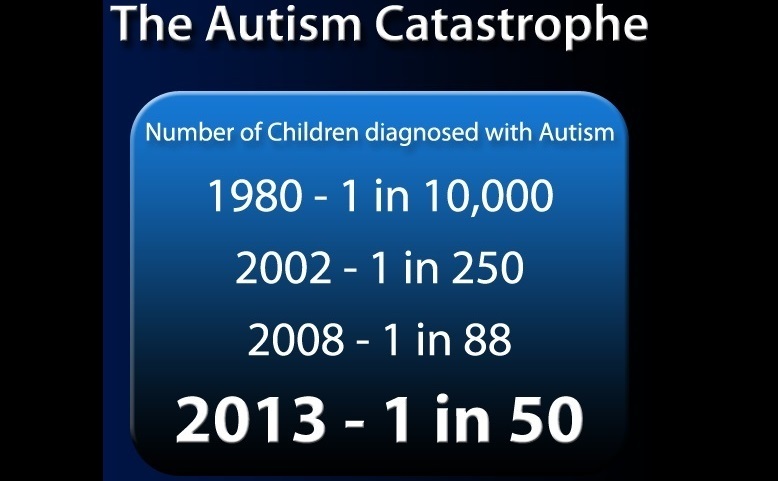Scientists Find Chronic Brain Inflammation in Children With Autism
A recent study out of Tufts University Medical Center in Boston, Massachusetts has concluded that, “inflammation may be the main driver behind autism.” The areas of the brain most prominently affected were the amygdala, responsible for processing emotions such as fear, anger, and pleasure; and the dorsolateral prefrontal cortex, which is plays a role in a number of cognitive functions of the brain including memory maintenance, attention, behavior modification, and evaluation of rewards. In another study published in Annals of Neurology on Oct. 8, 2019, researchers at Beth Israel Deaconess Medical Center examining brains donated to Autism BrainNet, a non-profit tissue bank, reported finding evidence suggesting that an immune response targeting specialized cells in the brain resulted in chronic inflammation in two thirds of autistic brains analyzed postmortem. The concept that chronic inflammation is one of the hallmarks of ASD is not new. In 2013, the Journal of Neuroinflammation published an article stated that, “Increasing evidence indicates that brain inflammation is involved in the pathogenesis of neuropsychiatric diseases,” including ASD. Pointing out that many children with ASD “regress at about age 3 years, often after a specific event such as reaction to vaccination, infection, trauma, toxic exposures, or stress,” the authors of that article go on to discuss increasing evidence of immune dysfunction/inflammation in ASD and to detail multiple markers of inflammation in the brains and cerebral spinal fluid of children with ASD. Other evidence of the link between chronic inflammation and ASD is presented in a collaborative study between Johns Hopkins and the University of Alabama that was published in 2014.




